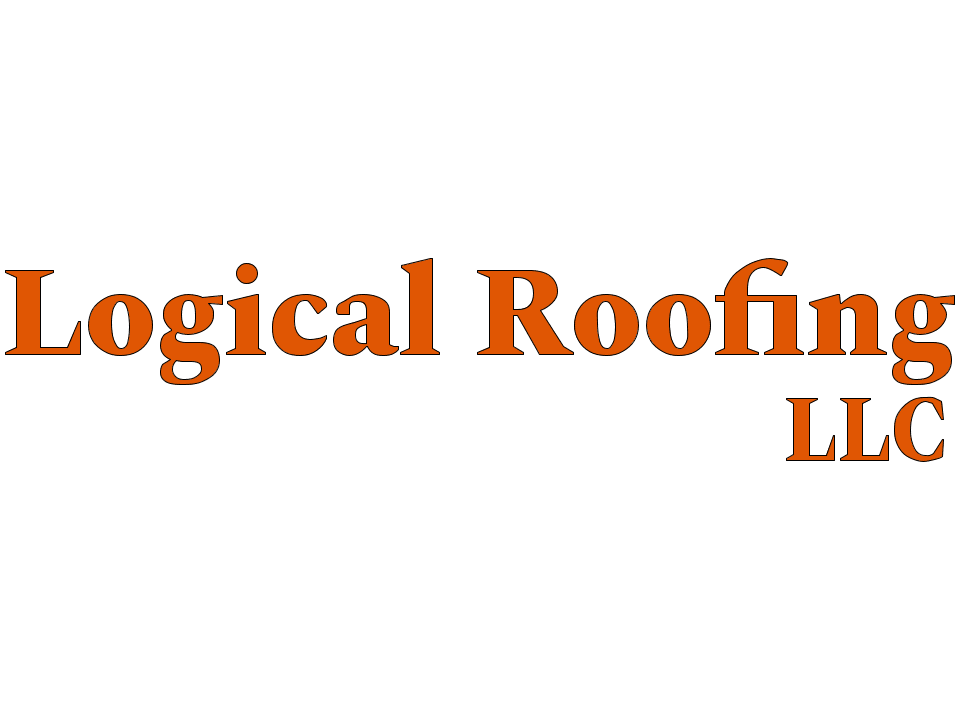Understanding Sales and Use Tax: Roof Maintenance Jobs vs. Capital Improvements
Maintaining a roof is an essential aspect of homeownership, ensuring the safety and integrity of the property. Whether it's fixing leaks, replacing damaged shingles, or performing routine inspections, roof maintenance is a recurring responsibility for homeowners. However, when it comes to the tax implications of these maintenance tasks versus capital improvements, there can be confusion. In this blog post, we'll explore the difference between roof maintenance jobs and capital improvements in terms of sales and use tax.
Roof Maintenance Jobs:
Roof maintenance jobs typically involve routine tasks aimed at preserving the existing condition of the roof. These may include:
- Repairing Leaks: Addressing leaks promptly to prevent water damage and mold growth.
- Replacing Damaged Shingles: Replacing individual shingles that are cracked, curled, or missing.
- Cleaning Gutters: Removing debris and ensuring proper drainage to prevent water buildup.
- Sealing Flashings: Sealing around chimneys, vents, and other penetrations to prevent leaks.
- Inspecting for Damage: Conducting regular inspections to identify any signs of wear or damage.
For sales and use tax purposes, roof maintenance jobs are generally considered taxable services in most states. This means that contractors performing these services are required to collect and remit sales tax on the total amount charged to the customer.
Capital Improvements:
Capital improvements, on the other hand, involve significant enhancements or upgrades that improve the overall value or functionality of the property. In the context of roofing, capital improvements may include:
- Full Roof Replacement: Completely replacing the roof with new materials, such as upgrading from asphalt shingles to metal roofing.
- Adding Skylights or Solar Panels: Installing new features that enhance energy efficiency or aesthetics.
- Structural Repairs: Making structural repairs to the roof deck or framing to address significant damage or deterioration.
- Expanding Roofing Coverage: Extending the roof to cover additional living space, such as adding a room or an extension.
Unlike roof maintenance jobs, capital improvements are treated differently for sales and use tax purposes. In many states, capital improvements to real property are considered non-taxable transactions. However, it's essential to note that the rules and regulations regarding sales and use tax can vary significantly from state to state, so it's crucial to consult with a tax professional or local tax authority for specific guidance.
Conclusion:
Understanding the distinction between roof maintenance jobs and capital improvements is essential for both homeowners and contractors when it comes to sales and use tax obligations. While roof maintenance jobs are typically subject to sales tax, capital improvements may be exempt from taxation in many states. By staying informed about these tax implications, homeowners can make informed decisions about their roofing projects and ensure compliance with applicable tax laws.


